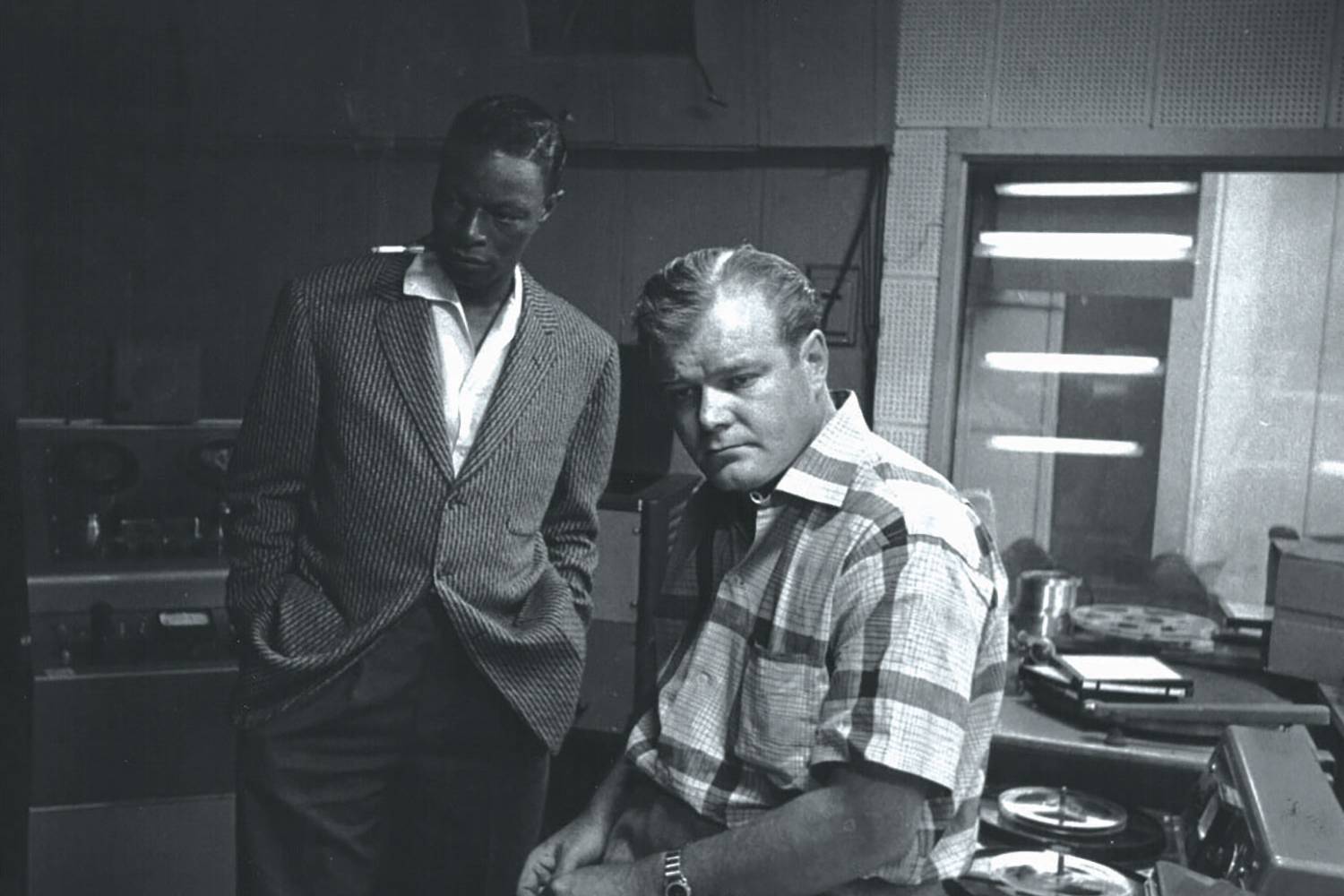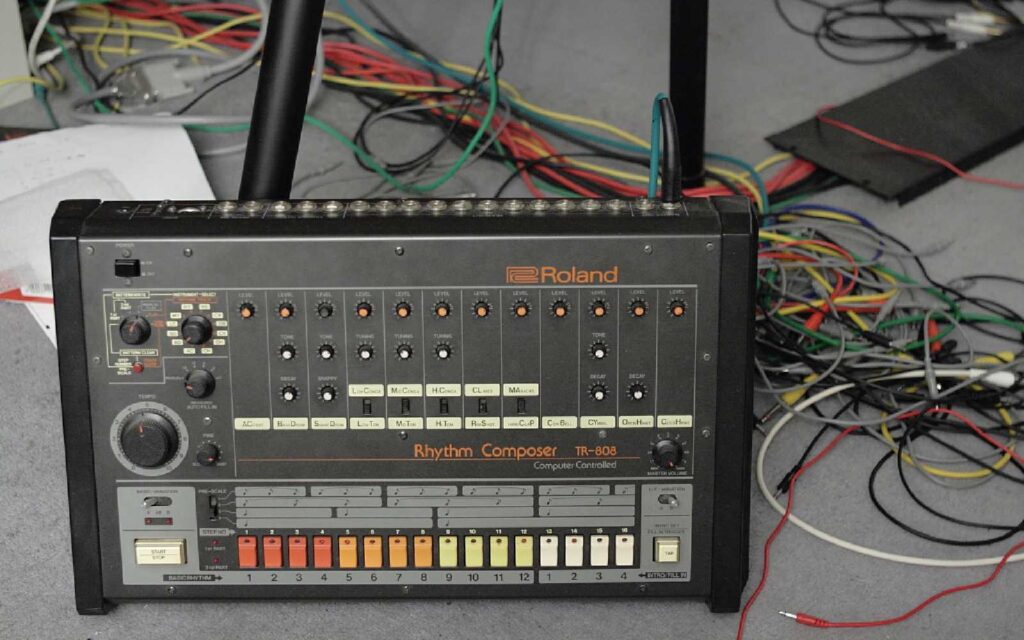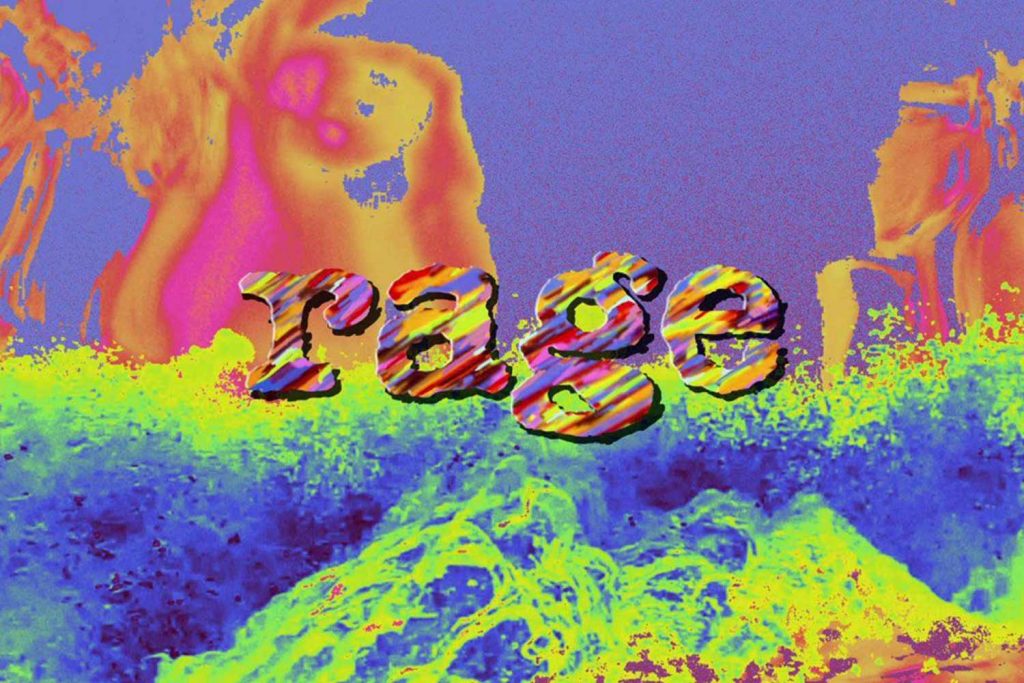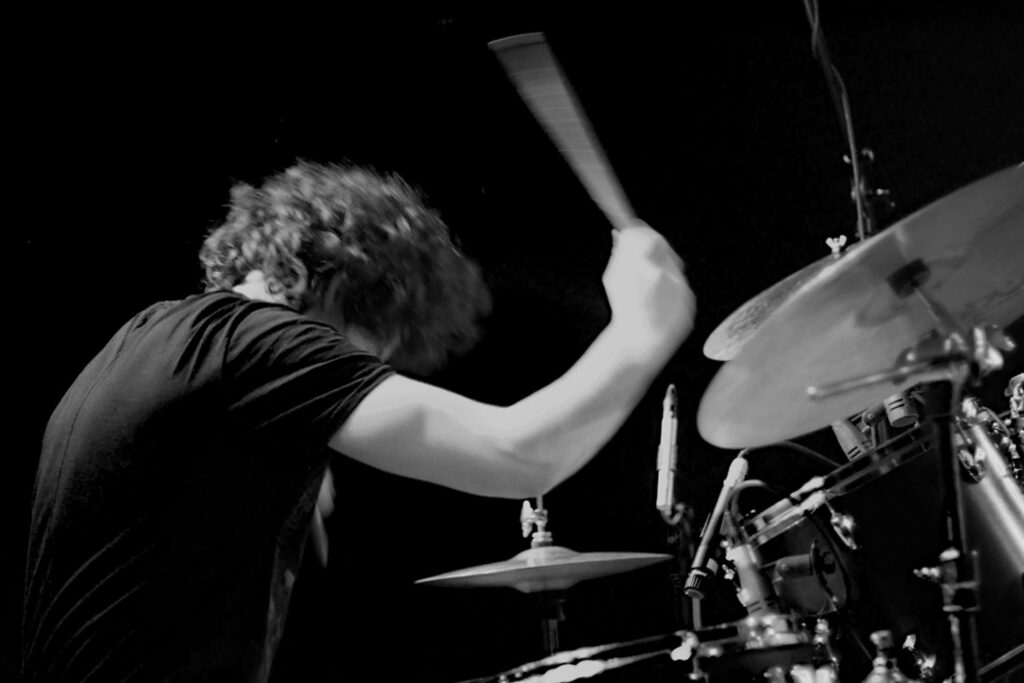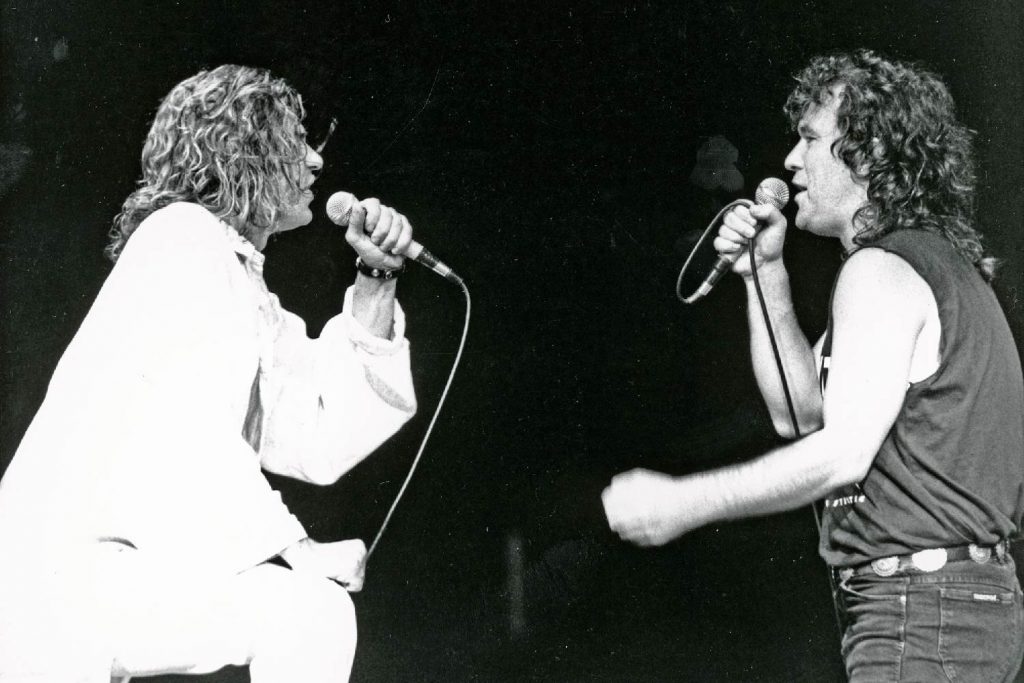Universal Audio was founded after Putnam Sr. had founded Universal Recording Corporation in 1946.
Universal Audio is a mainstay of the audio world, a trendsetter, while also changing the field as we know it. They’ve always been at the forefront, since their founding in the late 50s, and have been pushing music forward, as well as the gear we use to make it. They’ve had a hand in some now classic pieces, as well as innovators and pioneers in the modern day. They have a growing range of Apollo converters, digitally controlled Unison preamps and the expanding range of UAFX pedals. The first iteration of Universal Audio was founded in 1958 by Bill Putnam Sr., and continued producing products through to the mid-70s.
Read all the latest features, columns and more here.
Universal Audio History
Universal Audio was founded after Putnam Sr. had founded Universal Recording Corporation in 1946. It was founded in the interest of pursuing modern recording techniques and more advanced recording equipment. A year later, Universal Recording was moved to the 42nd floor of the Chicago Civic Opera Building, where Putnam used the building’s bathroom as an echo chamber on The Harmonicats cover of the song “Peg o’ My Heart”, which became the first artistic use of artificial reverb. The success of the song drew new business to Putnam and Universal recording.
Bill Putnam Sr., Universal Recording and United Recording
Bill Putnam Sr.’s success saw him move Universal Recording to a 15,000 square foot facility, expanding the studio’s prospects while also innovating within the industry. Universal Recording ushered in the first use of tape repeat, the first vocal booth, the first multiple voice recording, and one of the first to use 8-track recording (Les Paul and Tom Dowd having pioneered this).
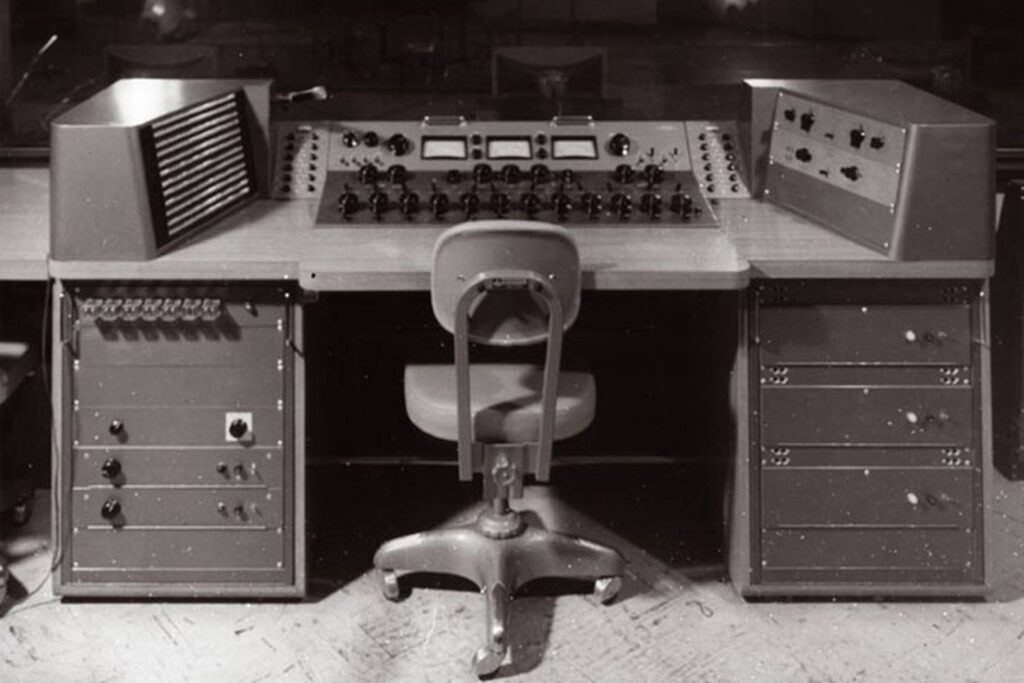
Universal Recording continued to grow, and by 1957 Putnam had, with encouragement from Frank Sinatra and Bing Crosby, sold his share of Universal Recording and moved to Hollywood to establish United Recording. United Recording saw huge innovation in the workflow of modern recording, expanding the control room beyond the small booth that was typical of the day. This allowed Putnam to have a broader view of the studio as a whole, as well as improved speaker placement for another looming innovation: stereo recording.
United Western Recorders
By 1961, Putnam acquired the neighbouring building which would become United Western Recorders. United Western Recorders would eventually house and office for Frank Sinatra’s record label Reprise Records, Putnam being Sinatra’s favoured engineer, keeping him on retainer to ensure availability.
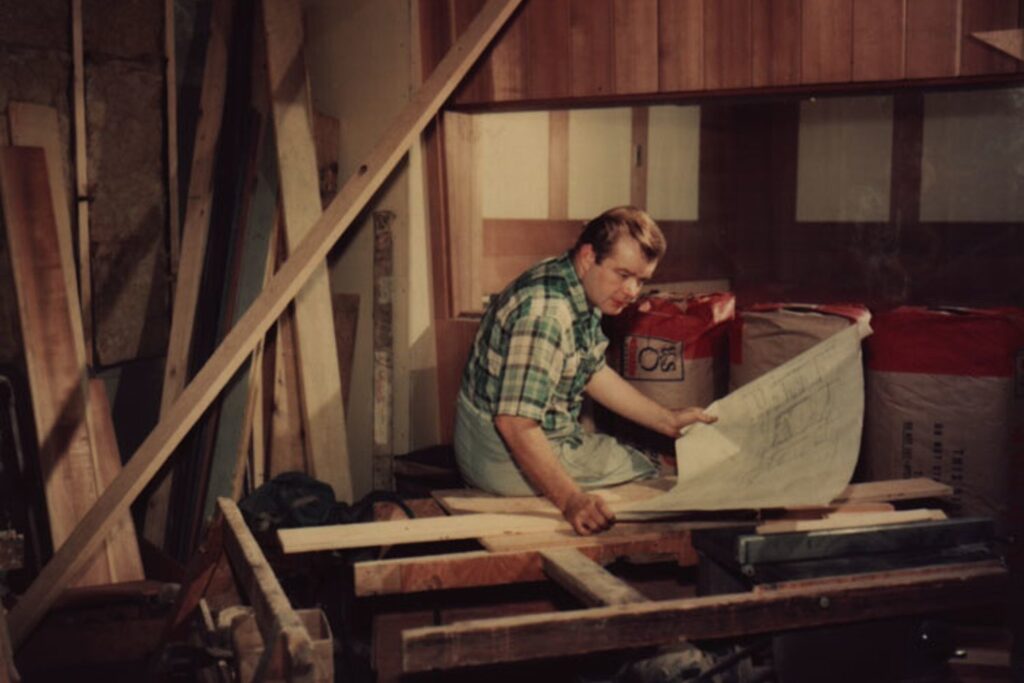
It was around this period that Putnam foresaw the importance of stereo recording, while others saw it as a novelty. At his own expense, he began compiling stereo mixes of recordings produced at United. The mid-60s saw a surge in demand for stereo recordings, of which Putnam had already produced and was able to negotiate a lucrative deal with major labels of the time.
Innovation and investment afforded Putnam the opportunity to have founded Universal Audio in 1958, and all the while he’d been pushing to develop more modern recording equipment. This included Studio Electronics recording consoles with the now famous 610 modular channel strips. Another company he’d founded, Universal Recording Electronics Industries (UREI), had developed pieces like the 1176 compressors, also acquiring Teletronix in 1967, allowing them to produce the now famed LA-2A and LA-3A compressors. The 70s and 80s saw the UREI brand sold to Harman Industries, as part of Putnam Sr.’s sale of United Western Recorders.
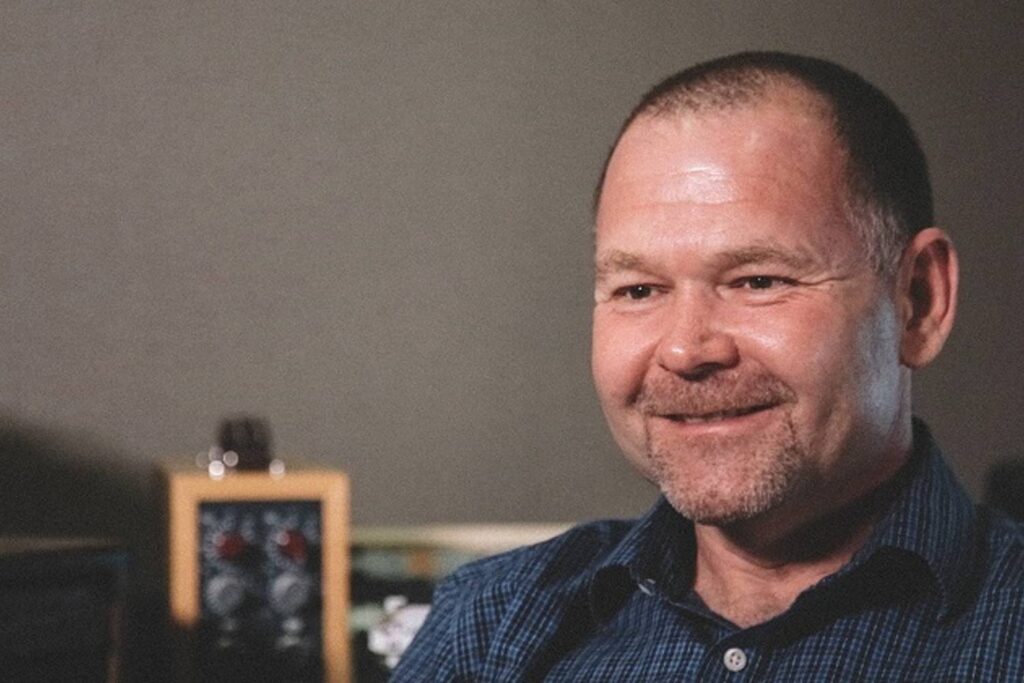
Bill Putnam Jr.
Bill Putnam Sr. passed away in 1989, before his sons, James Putnam and Bill Putnam Jr. re-established Universal Audio in 1999. They did this with the re-release of the 1176LN (low-noise) compressor. Under Putnam Sr.’s guide, the 1176 had gone through multiple revisions. The earlier silverface models changed to multiple coloured stripes being added before the faceplate was changed to the more well-known black panel. The 1999 re-release was revised thanks to extensive notes left by Putnam Sr., and a renewed LA-2A followed the 1176LN.
Under the Putnam brother’s leadership, the company moved into the digital world, producing accurate recreations of famous gear. Their plugins are often licensed by the original manufacturers. They’re also available as part of the recording chain using Universal Audio’s range of Apollo interfaces.
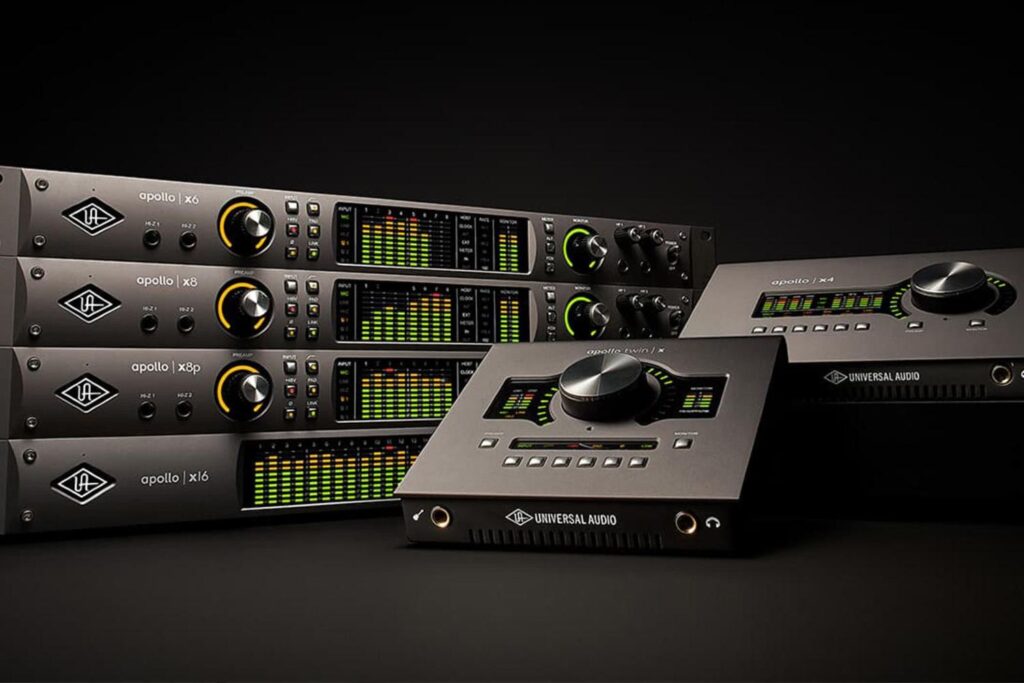
UA Apollo
The first Apollo was launched in 2012, and featured the ability to monitor and record through UA’s world-class plugins. The Apollo is available with varying levels of DSP available, in either rack-mounted or desktop applications. The Apollo interface also served as the hardware licence that allowed use of the UA plugins.
They’re now in their 3rd Gen, with multiple revisions of conversion, layouts and plugins available. In addition to more advanced interfaces, Universal Audio also launched their own DAW (digital audio workstation) in 2020: LUNA.
Universal Audio LUNA
LUNA is Universal Audio’s own DAW. LUNA is free for Apollo users, and is intended to integrate seamlessly with their Apollo hardware. It has built-in Neve and API summing available, as well as Studer and Ampex tape emulations integrated into LUNA’s workflow. It’s designed to harness everything we love about the sound of analogue, designed and built into a digital workflow.
UAD Spark
2022 saw the introduction of Spark, a subscription-based service that allows people to use UAD’s plugins without their hardware. While obviously increasing access to people, it also allows UAD plugins to be used remotely. This offers use on tour or while travelling without having to take a Universal Audio Apollo with you. Spark’s subscription-style design gives users access to more plugins than ever.
UAFX
Today sees Universal Audio continuing to innovate and push boundaries with decades of products under their belt. They’ve also moved into the guitar, bass and pedal world. Their OX Amp Box has attenuated, silent recording solutions, which has also been revised into pedal form.
Some traditional studio effects and processes have been re-issue in pedal form. This allows players to use compressors like the 1176 and LA-2A on their pedal board. There’s also more traditional sounds like vintage tremolo, chorus and tape delay that are available.
Keep reading about Universal Audio here.
